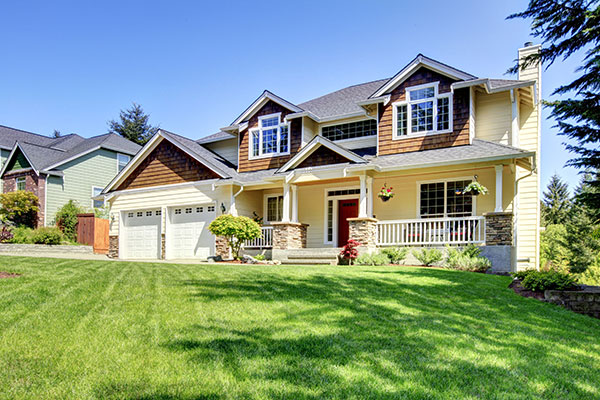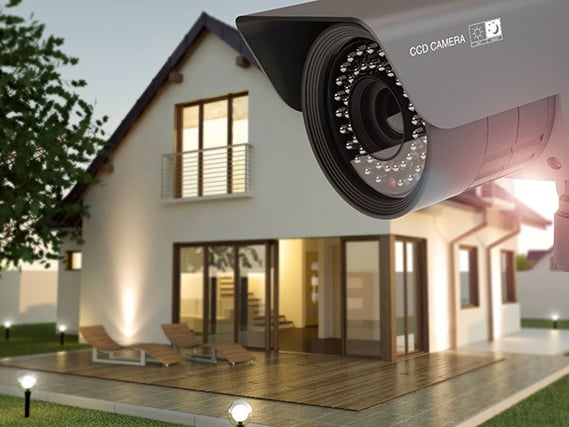HOA communities have strict rules regarding residential modifications that residents make to their homes. In some cases, improper modifications are obvious, such as when a home is painted a color that falls outside the community’s governing guidelines. But there are also cases when improper modifications go unnoticed until well after they are implemented. In fact, there have even been instances when the modifications aren't noticed until after the person who made them moves out of the community.
Paying to Correct Modifications
Improper modifications need to be corrected to help maintain real estate values in the community. But the question remains: in situations where modifications aren't noticed until after the person who made them moves, who should pay to correct the modifications? the new resident or the previous one?
In many cases, new members of HOA communities are unfamiliar with all the rules and regulations in community governing documents, and may have a hard time assessing whether a home has violations. Even so, that hasn't stopped some communities from asking new residents pay for improper modifications that previous residents made.
Requesting a new resident to pay for a former resident’s improper modifications is ethically questionable as it is the association’s responsibility to monitor compliance in the community. However, if the unapproved modification is not addressed, it appears as if the board is unconcerned about enforcing the association’s governing documents which can lead to other violations that may impact the board’s ability to enforce other restrictions. Property modifications that conflict with the association’s adopted architectural rules and regulations should be corrected; however, asking a new owner who did not create the problem to cover the expense is not the best practice. The board and the owner should work together to find a solution that is acceptable to both parties.
Using the Reserve Fund
Many private communities work with an HOA management provider to establish a reserve fund that is used to pay for unexpected expenses such as storm damage, as well as expected expenses such as pool equipment replacement. Correcting unapproved modifications is technically an unexpected expense and therefore, some boards may believe it is reasonable to use the fund to bring the modification into compliance rather than requiring a new resident to pay for the work. However, correcting non-compliance modifications on homeowner property is not an appropriate use of reserve funds. These funds should only be used for the repair, maintenance and replacement of association assets.
If your community discovers that one of its recently sold residences contains improper modifications, it has three basic options: ask the previous owner correct the problem, request the new resident to correct the issue, or use money from the operating fund to address the problem. If having the previous owner correct the problem proves impossible, using money from the community operating fund to correct the modifications is the next best option.
For more information about HOA management and correcting modifications to residences, contact us today.





